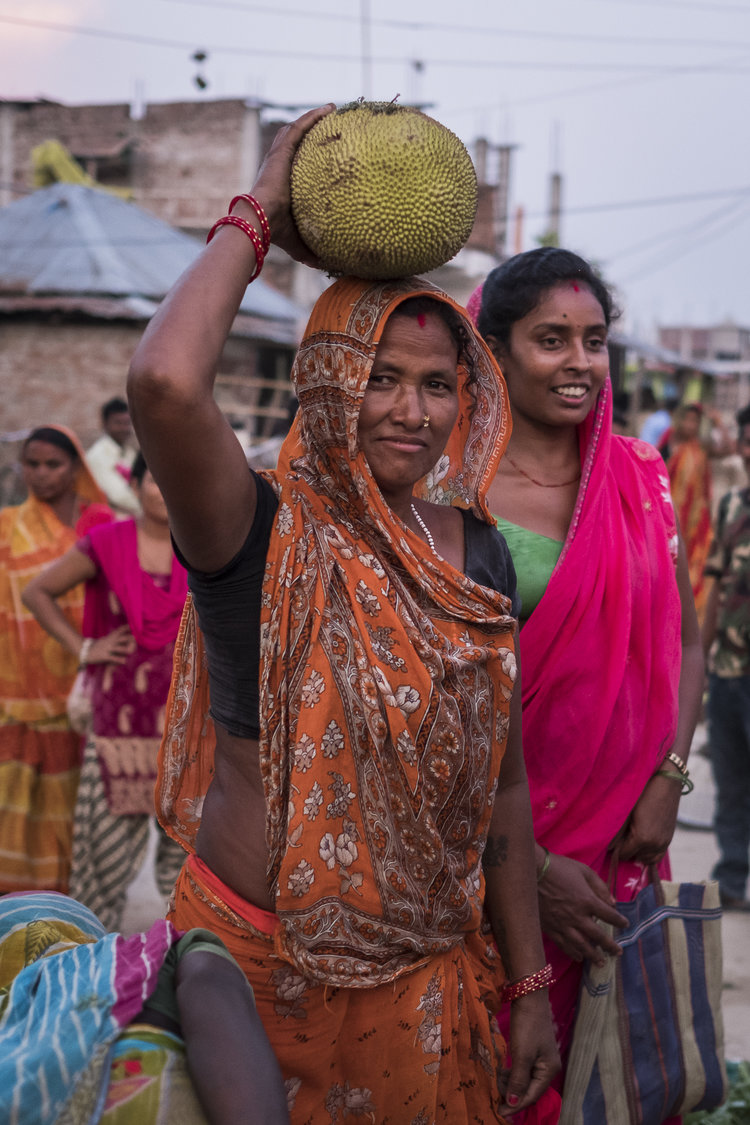Component 2
Regional food systems foresight and dialogue
Objective
To improve collaboration between key regional partners to strengthen understanding of longer term food systems changes, the implications for food, water and energy security and transformational opportunities, particularly in the context of gender and climate change.
Key Activities
Synthesis of currently available key information on options for transformation of food systems in the region, and identification of key gaps
Analysis of ‘megatrends’
Engagement between key players on how foresight relating to food, water and energy could be strengthened and better incorporated into policy processes
Regional foresight training events
Lead
Dr Jim Woodhill; ACIAR SDIP Project Coordinator; Regional Foresight Working Group
Key Partners
IFPRI, Bangladesh Agricultural University, Centre for Green Economic Development Nepal, Regional think tanks/universities
Delivery Mechanisms

A series of foresighting activities were conducted to generate a set of systems scales priorities for further research. These integrated activities explored the big drivers of change in food systems, and the implications for women in agriculture, and explored strategies for moving forward.
The identification of interested and relevant groups, institutions and individuals formed the first stage of the foresight work, ensuring a diverse but complementary set of experiences and expertise.
Regional training in foresighting and food systems was conducted based on partner interest, to build capacity and map out the main issues at a regional level. A virtual regional foresighting event was held to present work to a wider audience, and linked with global initiatives such as the Foresight4Food group.
Commissioned Projects
Foresight for sustainable food systems in the Eastern Gangetic Plains (EGP): Status, synthesis and stakeholder engagement for current understanding
The aim of IFPRI’s project was to lay the groundwork for an open, scientifically informed and participatory foresight for food exercise in the EGP region, by preparing status papers on major drivers of food systems in the region; collating a repository of relevant data and reports related to food systems; and convening relevant stakeholders in a participatory training exercise.
Regional Foresight for Food Systems in the Eastern Gangetic Plains
This IFPRI project undertook four different foresight activities—one each in Bangladesh, West Bengal, India (national level) and Nepal—to inform and improve the future of food systems in the EGP region and to strengthen local capacities for scenario-based foresight exercises through training, mentoring and supporting a learning-by-doing approach. This project built upon an earlier project (ending in September 2019) that mapped the food systems in the EGP.
The Future of Food Systems in the Eastern Gangetic Plains
This project was the final investment in the Foresight work, and aimed to create greater policy awareness of future issues and a greater collaboration between policy and research on using new approaches to support transformation of food systems. It synthesised the big picture analysis and the inputs from local level participatory foresight exercises, shared the findings with the policymakers, entrepreneurs and other stakeholders from the region, and connected the work done on foresight for food under SDIP with similar work by other national and international organizations. Planning and envisioning how food systems cope with big expected and unexpected shocks (black swan events) is an important part of foresight for food exercises. The project also used the COVID-19 experience to explore the impact of a major disruption in the food system in the three locations.